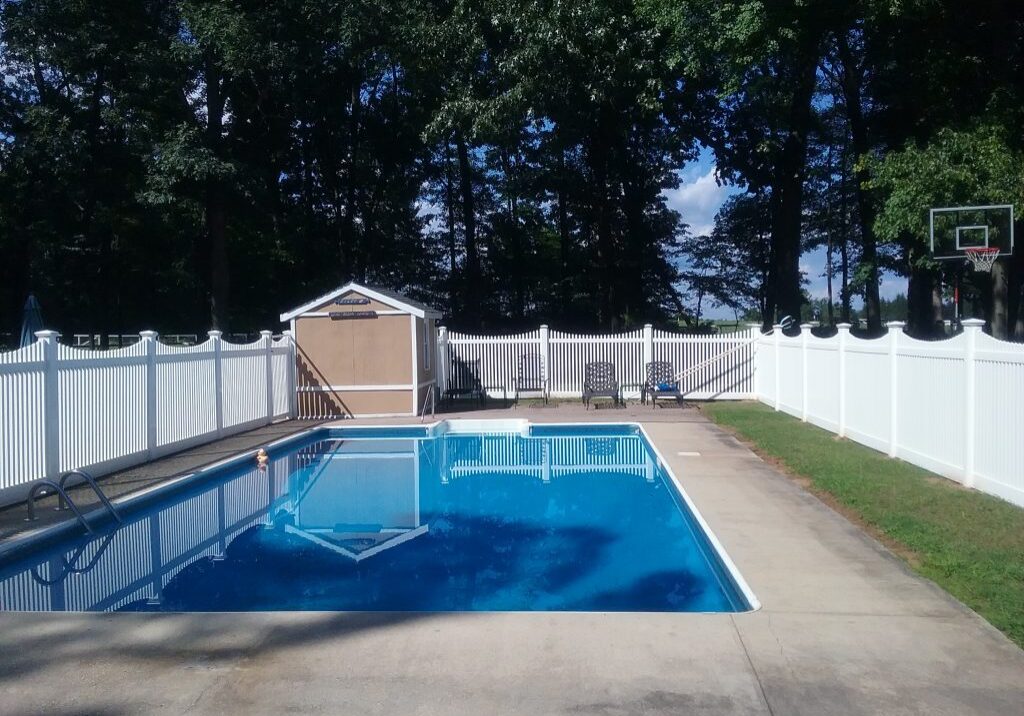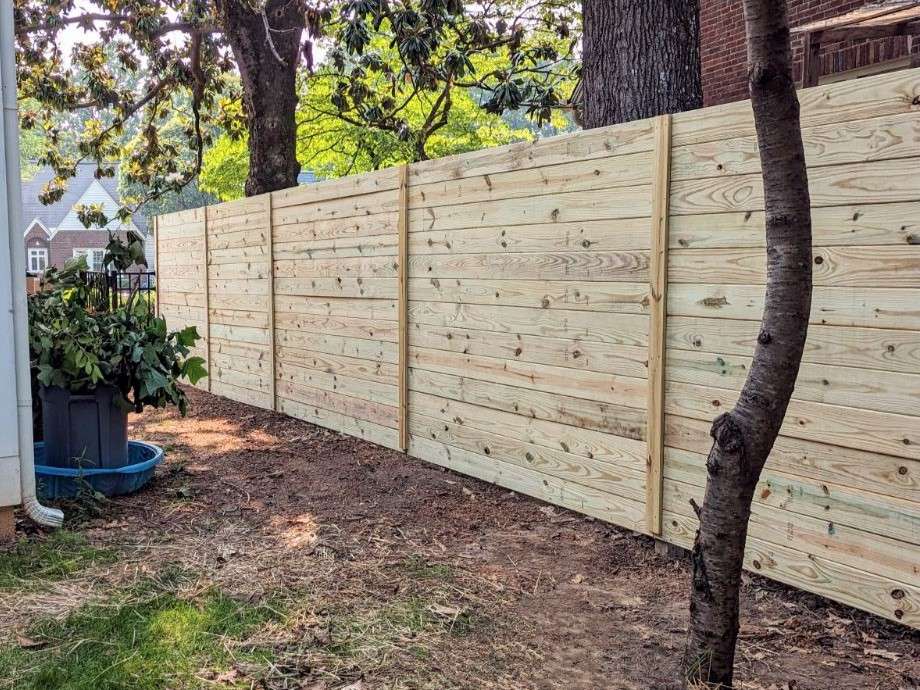All Categories
Featured

Choosing the best fencing material is essential for achieving the balance of toughness, looks, and capability that matches your residential or commercial property. Timber, plastic, and light weight aluminum are prominent options, each with distinct features that satisfy certain needs. Below's an extensive consider the advantages and drawbacks of these 3 materials.
Wood Fence. Pros:. Timeless Allure: Timber offers an all-natural, classic look that matches different building designs. Personalized: It can be repainted or discolored in a selection of styles and colors. Cost effective: Wood fences are usually cheaper upfront than vinyl or light weight aluminum. Eco-Friendly: As a renewable resource, timber is sustainable and naturally degradable when sourced responsibly. Cons:. Maintenance-Intensive: Requires routine discoloration, painting, or sealing to protect against weather and insects. Much Shorter Life Expectancy: Depending on the kind of wood and environment, it typically lasts 10-15 years. Vulnerability to Damage: Prone to rotting, warping, and termite damage without appropriate care. Timber is ideal for homeowners that value aesthetics and are prepared to spend time and initiative in maintenance to prolong its life.
Vinyl Secure Fencing. Pros:. Sturdy: Immune to bugs, rot, and weather, plastic maintains its framework in rough problems. Low Upkeep: Requires little maintenance past occasional cleaning. Lengthy Lifespan: Plastic can last 20-30 years without significant wear or damage. Flexible Styles: Offered in various colors, structures, and designs, including choices that simulate timber. Cons:. Expensive Setup: Vinyl fencings are more costly to install compared to wood. Fragile in Winter: Vinyl can break in extreme cool climates. Hard to Fixing: If damaged, whole sections might require replacement, which can be testing to match. Vinyl fencing is an excellent selection for those focusing on long life and very little upkeep, also if it comes with a greater upfront price.

Aluminum Fencing. Pros:. Rust-Resistant: Aluminum does not corrosion, making it excellent for moist or damp locations. Lightweight but Strong: Offers toughness without being excessively hefty, which simplifies installment. Low Maintenance: Needs bit greater than cleaning and occasional repainting. Longevity: Aluminum fences can last for decades without considerable degeneration. Stylish Designs: Frequently made use of for decorative objectives, aluminum adds class to any home. Cons:. High First Expense: Aluminum fences are among the a lot more pricey alternatives. Restricted Personal privacy: Often designed with open rooms, they do not block views or sound. Susceptible to Damages: While sturdy, aluminum can be dented or curved with hefty impact. Aluminum is best matched for those who want a lasting, trendy fencing and don't need total privacy.
Making the Right Choice. Each product has its weak points and strengths:

Wood is ideal for traditional aesthetic appeals and eco-conscious customers that do not mind upkeep. Vinyl works for house owners looking for a weather-resistant, low-maintenance remedy. Light weight aluminum is a resilient, decorative option for those who desire elegance and long life. Consider your concerns-- whether it's cost, maintenance, appearance, or personal privacy-- and get in touch with a fence professional to pick the material that finest fulfills your demands. A well-selected fencing will enhance your residential or commercial property for several years to come.
Latest Posts
Uncover Premier Vehicle Maintenance Services in Chicago – Drive with Confidence
Published en
1 min read
Why Regular Vehicle Maintenance at Montclare Auto Repair Saves You Money
Published en
1 min read
Discover Save Big on Car Maintenance with Montclare Auto Repair’s Special Deals
Published en
1 min read
More
Latest Posts
Uncover Premier Vehicle Maintenance Services in Chicago – Drive with Confidence
Published May 29, 25
1 min read
Why Regular Vehicle Maintenance at Montclare Auto Repair Saves You Money
Published May 27, 25
1 min read
Discover Save Big on Car Maintenance with Montclare Auto Repair’s Special Deals
Published May 24, 25
1 min read